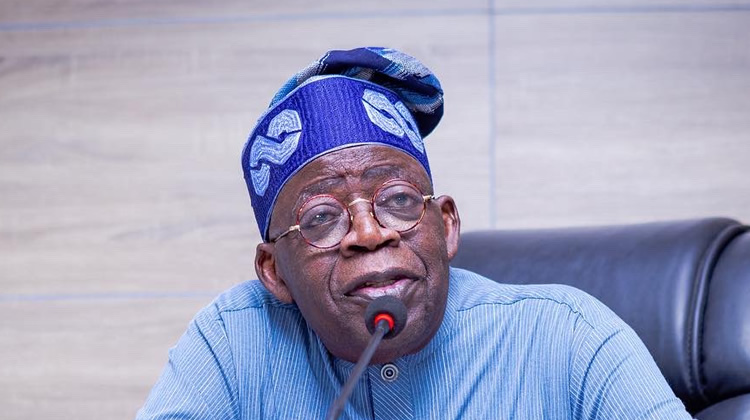The senator representing Ondo South, Jimoh Ibrahim, has urged multilateral institutions to acknowledge that the Nigerian economy has turned the corner due to the several reforms introduced by President Bola Ahmed Tinubu’s administration.
Ibrahim was reacting to a recent World Bank’s economic report, which estimated that 139 million Nigerians now live in poverty.
He said: “President Bola Tinubu will not compromise Nigeria’s sovereignty in the face of economic outlook.”
Ibrahim spoke at the Parliamentary Engagement on the sidelines of the ongoing International Monetary Fund (IMF)/World Bank Annual Meetings in Washington D.C.
He advised the institutions to stop downplaying reforms in one of Africa’s biggest economies.
President Tinubu had, through his Special Adviser on Media and Public Communication, Sunday Dare, faulted the World Bank’s report, saying the poverty figures must be “properly contextualised” within the limits of global poverty measurement models.
Dare had said: “While Nigeria values its partnership with the World Bank and appreciates its contributions to policy analysis, the figure quoted must be properly contextualised. It is unrealistic.”
The presidential aide had explained that the 139 million figure was derived from the global poverty line of $2.15 per person per day, set in 2017, using Purchasing Power Parity (PPP) and should not be mistaken for an actual headcount of poor Nigerians.
He noted that when converted to nominal terms, the $2.15 benchmark equals about N100,000 per month at current exchange rates, which is well above Nigeria’s new minimum wage of N70,000.
According to him, poverty estimates under the PPP methodology rely on historical consumption data, often overlooking the vast informal and subsistence economies that sustain millions of Nigerian households.
The Presidency said it considered the World Bank’s estimate as “a modelled global projection, not an empirical representation of living conditions in 2025”.
In his reaction, Ibrahim, who is representing the Senate at meetings, said the World Bank should have taken into consideration interventions by the Tinubu administration in poverty alleviation, especially with the N330 billion the government had disbursed to 8.5 million poor households, some of which received at least a tranche of N25,000 as conditional cash transfer through the National Social Safety Net Coordinating Office (NASSCO).
The Ondo South senator noted that the social safety net programme, which even the World Bank approved $800 million for the Tinubu administration, was designed for 15 million poor households at three instalments of N25,000 each.
He also drew the attention of the IMF/World Bank to Nigeria’s Renewed Hope Ward Development Programme, which aims to translate Nigeria’s macroeconomic reforms into real, grassroots benefits across all 8,809 wards nationwide.
The initiative also aims to stimulate economic activity, boost food security, generate jobs, and reduce poverty by directly supporting at least 1,000 economically active individuals per ward.
Follow the OSUNDOTLIFE channel on WhatsAppKindly share this story | All rights reserved. This material, and other digital content on this website, may not be reproduced, published, broadcast, rewritten or redistributed in whole or in part without prior express written permission from OSUNDOTLIFE.
Contact: editor@osun.life
WhatsApp: 📲 +2348092333666

